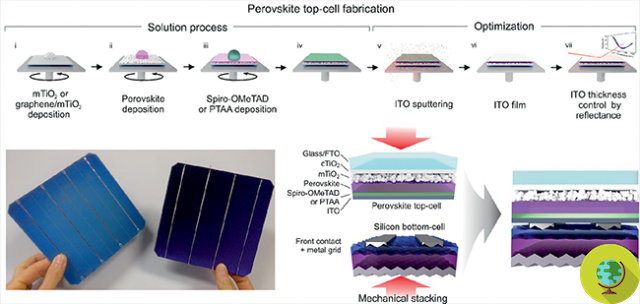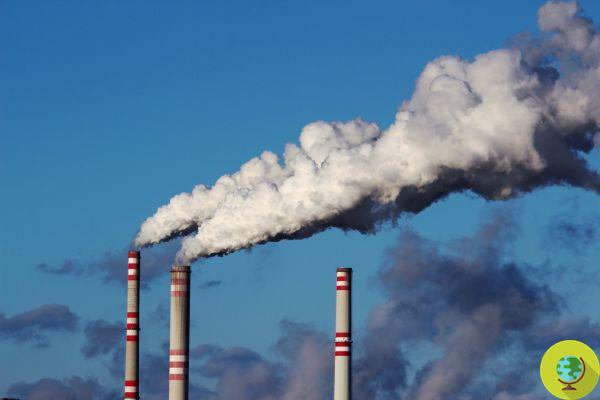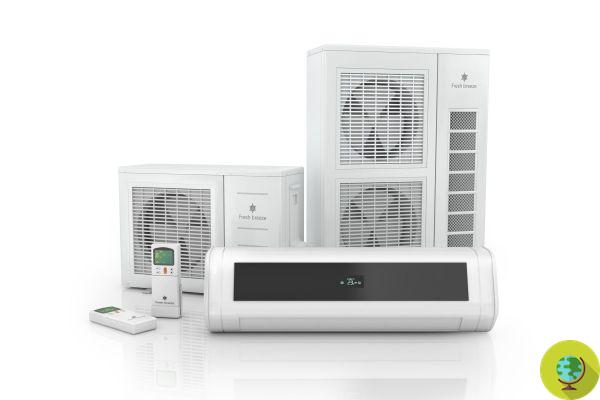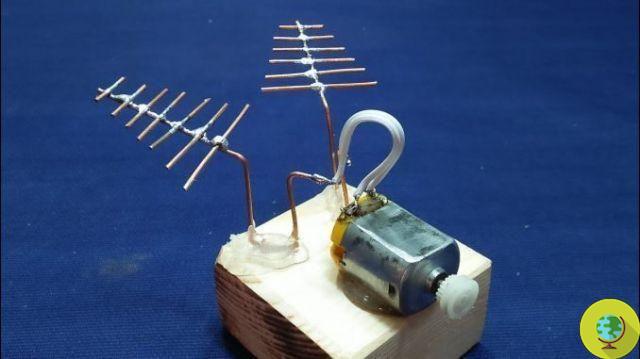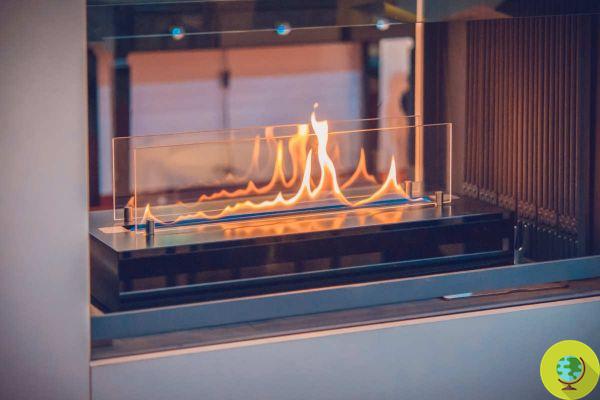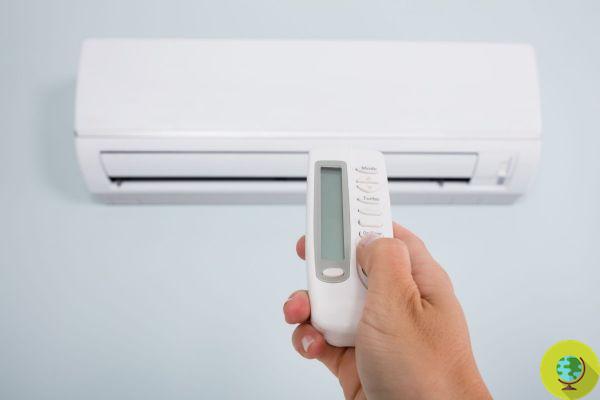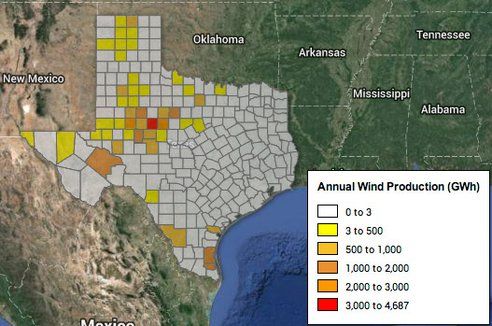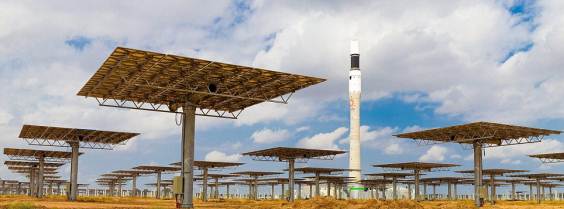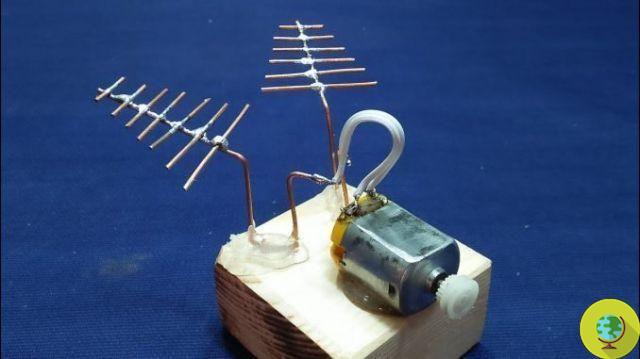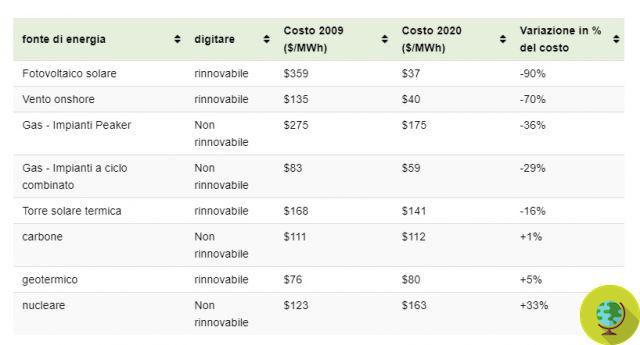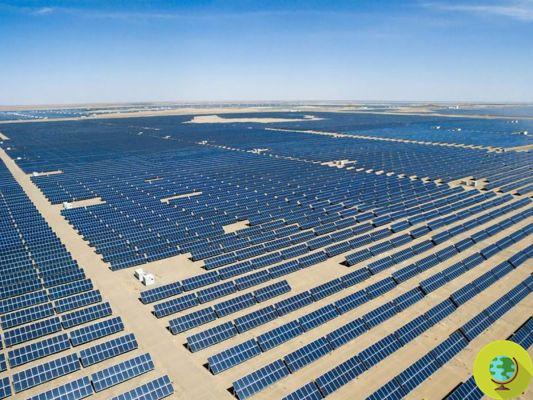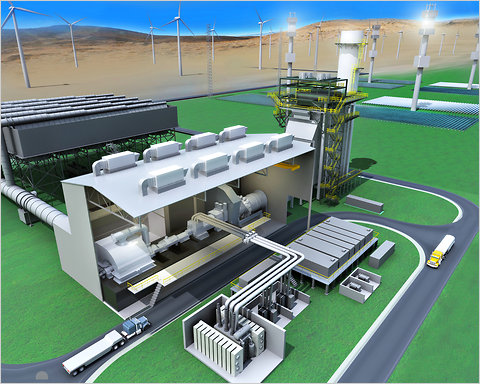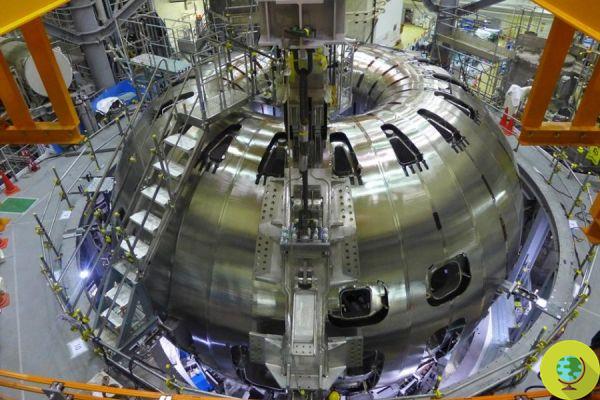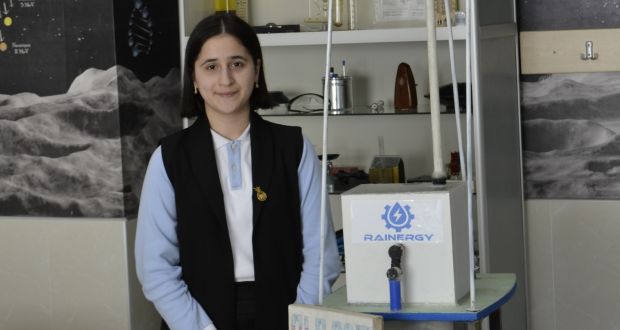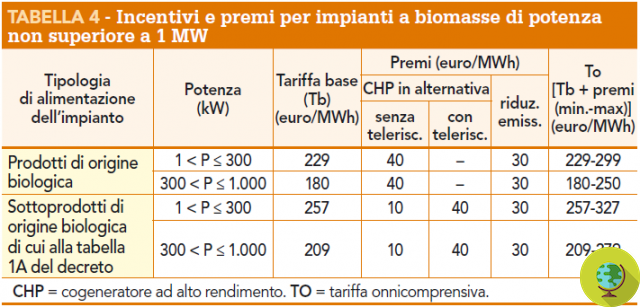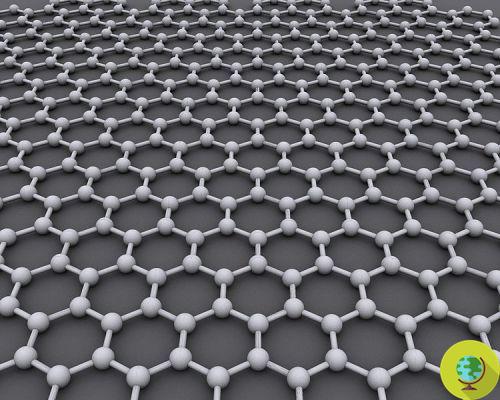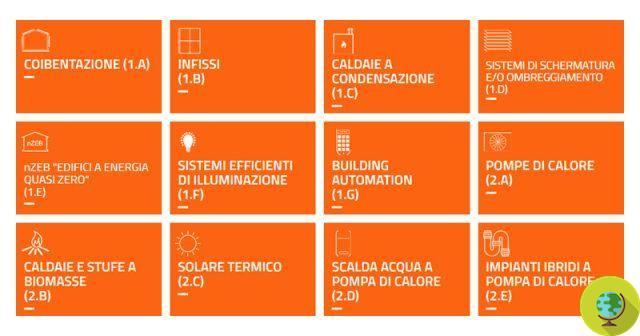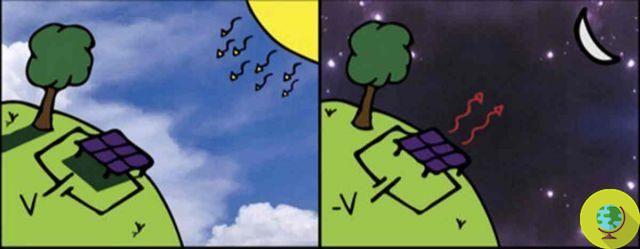Imagine what your life would be like without electricity. In many parts of the globe, this really happens. the sun is a fundamental resource for families who have no way of using electricity - in Africa, for example, one in five families - but it is not used to its full potential.
He is about to end up run over, his mother saves him
Imagine what your life would be like without electric energy. In many parts of the globe, this really happens. the sun is a fundamental resource for families who have no way of using electricity - in Africa, for example, one in five families - but it is not used to its full potential.
The United Nations recently released a report entitled "Sustainability and equity", Which invokes theuniversal access to renewable energies. This document also underlines how much sexual inequality affects sustainability. "The evidence suggests that if all women could freely choose whether to reproduce, the population would grow slowly enough to significantly lower the current level of gas emissions," the report reads.
Some measures have already been taken: not surprisingly, 2012 is l'international year of sustainable energy, but much more can be done, even starting with small inventions. Here, then, is a list of recent innovations from all over the world, which remind us how important it is not to limit ourselves to recognizing the differences between one continent and another, but to take concrete action to change the situation.
Photovoltaic with progressive purchase
Simpa Networks, which currently serves customers a Karnataka, in India, has an apparently simple goal: “to make modern energy simple, affordable and accessible for everyone“. However noble this mission is, it is the approach that is truly innovative: buying solar energy is similar to sending a simple SMS, through a system defined, in fact, "simple purchase". How does it work? Customers initially pay a small amount for a solar panel and can later connect to small installations applied by themselves on the walls of the house. Once the full amount is paid, (on average it takes three to five years) he and his family have free access to energy.
Index
Pre-paid off-grid photovoltaic

Very similar in intent is the IndiGo project, a low-cost off-grid photovoltaic panel that can be used with a prepaid card just like a mobile phone.
Solar panels on African huts instead of kerosene lamps
Some rural African villages are currently using small solar panels of Chinese production placed on the roof of their huts, to produce solar energy that illuminates them and provides electricity in a short time. In addition to bringing light into the homes, solar energy has changed the lives of their inhabitants. 90% of rural home dwellers in Rwanda still do not have access to electricity. Now that the kerosene lamps they can be abandoned, replaced by the safer ones with LEDs, the risk of fires and damage to the respiratory tract is significantly reduced. Students can sit on the books in the evenings to improve their education. Furthermore, families save on kerosene and have the possibility to recharge their mobile phones, in order to keep in touch with friends and relatives more easily.
Solar Pepper: the solar pebble
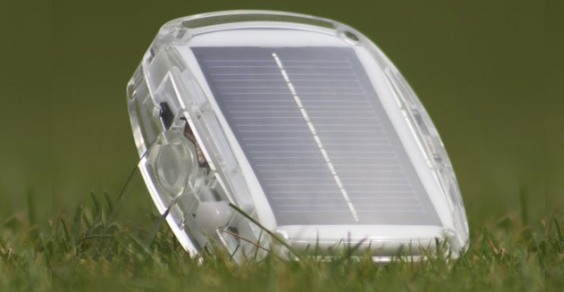
With the same goal of replacing kerosene lamps, the British company Plus Minus Solar has designed Solar Pepper, a solar pebble tailor-made for the needs of small African rural countries. A practical and intelligent alternative to traditional lamps: it is portable, thanks to its small size, very economical, perfect for lighting and recharging electronic instruments. The advantage of Solar Pebble, which could encourage its diffusion, lies precisely in its size, its versatility and its handling, which meet small daily needs: for example, it can be used as a light for the bike or hung from the ceiling of a home to illuminate an entire room.
Finding Infinity: eco-party for clean energy
What if we could simply improve the global situation moving to the rhythm of dance? Finding Infinity is an international initiative that spreads the idea of a future based solely on renewable energy. Its mission is to encourage people to be self-sufficient, so as not to compromise the natural resources available to future generations. Some members of this organization recently went on a world tour, which goes from Berlin to Melbourne, uusing only "green" vehicles to move from one city to another and organize ecological parties whose proceeds will go to finance the project.
Solar bottle to purify water
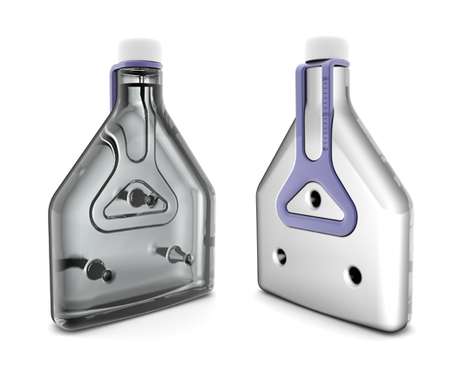
This solar bottle, made by designers Alberto Medo e Francisco Gomez Paz, could literally be defined as a new "lifesaver": thanks to exposure to the sun (for which it has a shape and materials that maximize the absorption of UVA rays and heat), in fact, the water contained in the bottle is purified of any microorganisms, responsible for a series of gastro-intestinal diseases which in the world reap no less than 2,5 million people a year. The two creatives have not neglected the aesthetic and functional aspect of the container, which holds up to 4 liters and is easy to hold and handle.
Solar Bottle for light at no cost
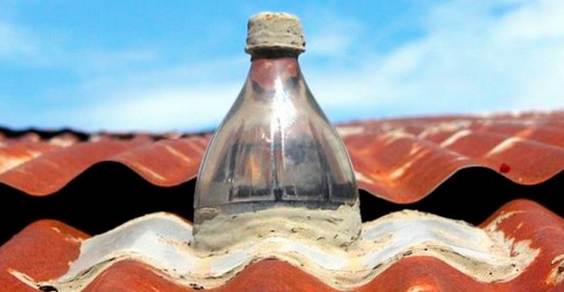
The project One Litron Light, literally 'A liter of light', or better known as Solar Bottle. It is a brilliant idea developed by the students of MIT (Massachusetts Institute of Technology) to bring free and 100% natural light to all those who, due to poverty, until recently lived in the dark. What ingredients are needed? An empty bottle, water, bleach and lots of sun! Nothing could be easier and cheaper. to know more read on the Naturomania blog
Solar Sister
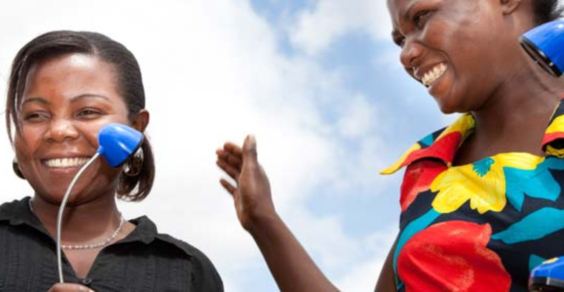
The association Solar Sister, through a program of the same name, is trying to give back to Africans light, hope, opportunity: light, hope, opportunity. The idea behind it is called MicroConsignment and is already adopted by many other humanitarian (and non-humanitarian) associations around the world: every woman with a certain entrepreneurial ability is given a small budget and a toolkit to start building your business. In the case of the Solar Sisters, the African women associated (so far 25) are given the right possibility of selling a portable solar lamp, which lasts ten years and produces light eight times more powerful, cleaner and safer than kerosene. The price ($ 20) is perhaps a bit high for an African family, but it only takes two and a half months to amortize the equivalent cost of kerosene.
iUnika Gyy: the solar netbook
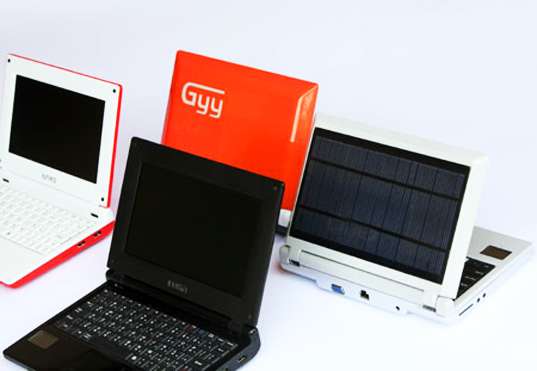
iUnika Gyy is an ecological netbook designed to be used in developing countries: it is in fact made of bioplastic, a material that respects the environment as it is derived from renewable resources of natural origin, such as starch, cellulose or corn flour, and therefore completely biodegradable. Most models incorporate a solar panel on the back of the screen to recharge the batteries thanks to sunlight, thus increasing the standard autonomy of 4 hours.
Light for education
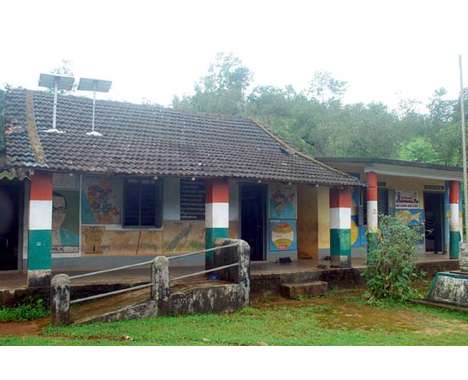
Selco is a non-profit association that promotes renewable energy in support of the poor of India. Recently, his team launched the “light for education” project in an attempt to encourage children from rural areas of India to study. Many villages here do not yet have paved roads, drinking water and electricity. In these conditions it is difficult - if not impossible - to push the population to send their children to school. Selco bears 90% of the costs of the entire project, the inhabitants of the area the remaining 10%. The first school to benefit was in Karnataka, a city in South India. Selco applied to it solar lamps to encourage the attendance of lessons. Furthermore, thanks to the solar panels, students can recharge the batteries supplied to them while they are at school. When they get home, they just have to plug that battery into their lamps for a guaranteed ten hours of light.




